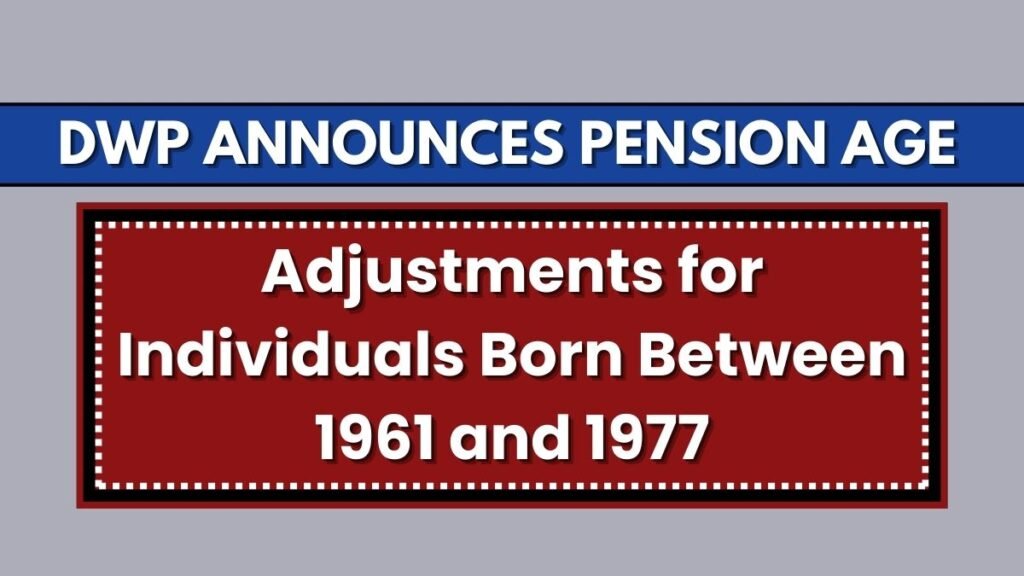The UK Department for Work and Pensions (DWP) has announced an increase in the State Pension Age for people born between 1961 and 1977. This change will come into effect from April next year.
The aim of this change is to make the pension system sustainable in the long term so that the government can manage rising expenses in the future. Let us know in detail how this change will be implemented, who will be affected by it, and what steps they can take.
State pension age: current situation and future planning
Under the State Pensions Act 2014, the pension age is reviewed regularly. This review takes place at least once every five years.
No change in the current pension age
The government has made it clear that there will be no change at present in the schedule to make the state pension age equal to 65 years and to increase it to the age of 66 and 67 years.
Possibility of change in age from 67 to 68
In the future, the possibility of a change to increase the state pension age from 67 to 68 years may be considered. However, this decision will be based on the results of a new review.
- Schedule for changes in the state pension age
- Current State Pension Age
- Currently, the state pension age is 66 years for both men and women.
- Change from April 2024
From April next year, this age will gradually increase and will be brought to 67 years in the near future.
Schedule for changes in the age from 67 to 68 years
According to the Pensions Act 2007, the state pension age will be increased from 67 to 68 years between 2044 and 2046.
Regular Reviews and Future Changes
The State Pensions Act 2014 requires that the state pension age be reviewed every five years. The reviews take into account a variety of factors, such as:
- Life expectancy
- Economic and social factors
Following the review, the Government may make changes to the state pension age if necessary. However, these changes will not come into force until they have been approved by Parliament.
Checking Your State Pension Age
You can use the online tool on the GOV.UK website to check your state pension age. This will give you information about when you will be eligible for a state pension.
Supporting Lower-Income Families
Changes to the state pension age could have a negative impact on many lower-income families. Jonathan Cribb of the Institute for Fiscal Studies believes the government should consider additional support for those affected by these changes.
If the government provides additional financial support to low-income families, it could reduce the negative effects of raising the pension age.
Options for Additional Support
The government has two major options to support those affected:
- Increase in Universal Credit
- Cost: £600 million per year
- Effect: Around 30,000 households will fall out of poverty.
| Support Option | Annual Cost | Effect on Poverty |
|---|---|---|
| Increasing support for Universal Credit recipients | £600 million | Poverty will be reduced in 30,000 households |
Although this would be a large increase in government spending, it would only cost the government one-tenth of the savings from raising the pension age.
Conclusion
The changes to the state pension age are part of the government’s long-term pension reform plan, which aims to make the pension system sustainable and financially balanced. However, these changes may impact lower-income families and seniors.
FAQs
Q1: When will the state pension age increase for people born between 1961 and 1977?
A: The increase in the state pension age will start in April 2024 and will be gradually increased to 67.
Q2: Can the state pension age be higher than 67?
A: Yes, according to the Pensions Act 2007, the state pension age will increase to 68 between 2044 and 2046.
Q3: How often is the state pension age reviewed?
A: Under the Pensions Act 2014, the state pension age is reviewed at least once every five years.
Q4: Can I check my state pension age online?
A: Yes, you can check your state pension age using the online tool available on the GOV.UK website.


